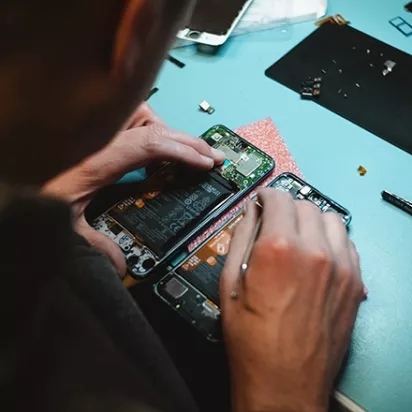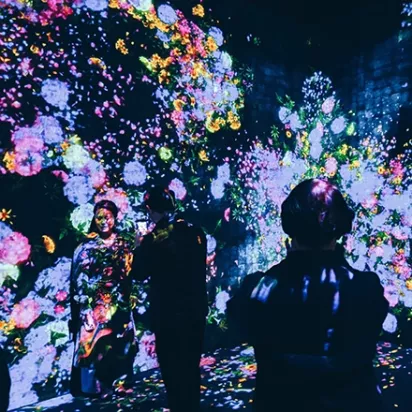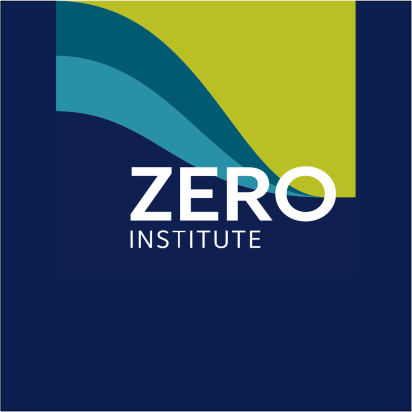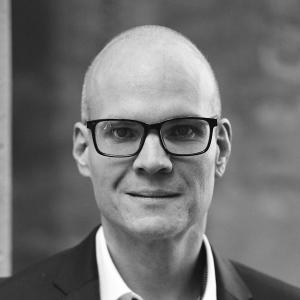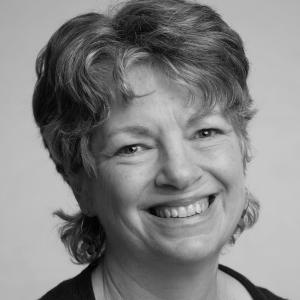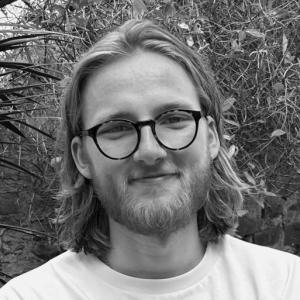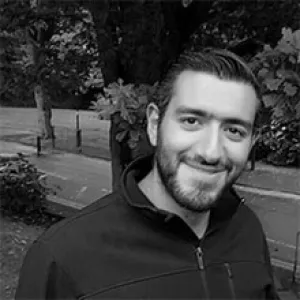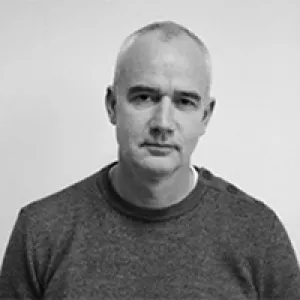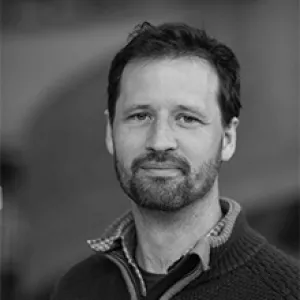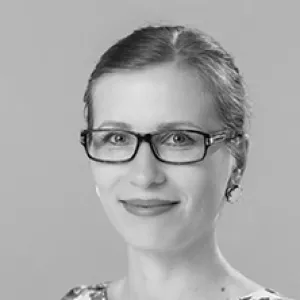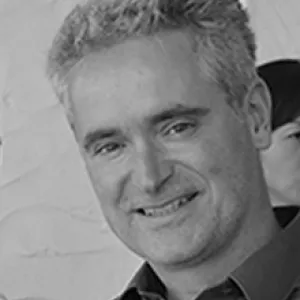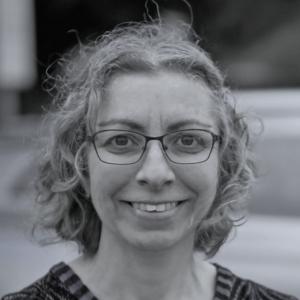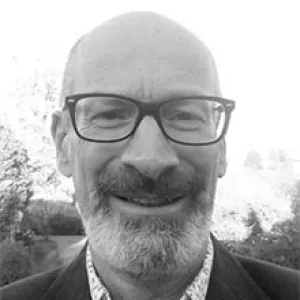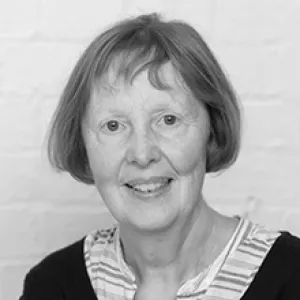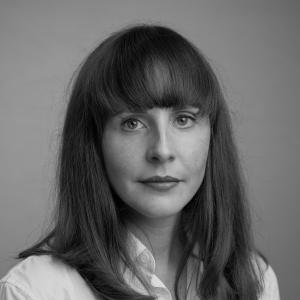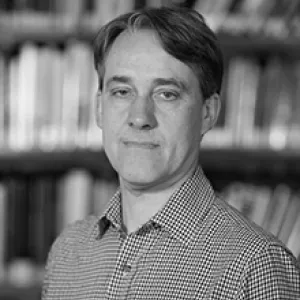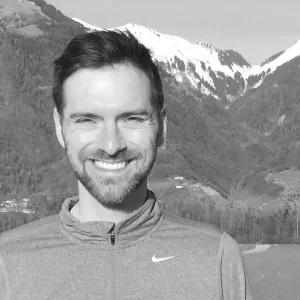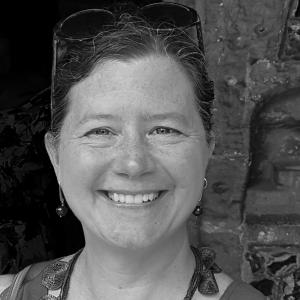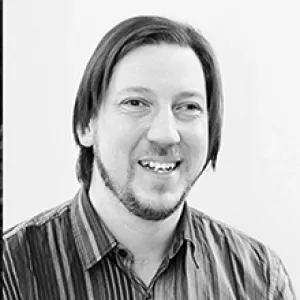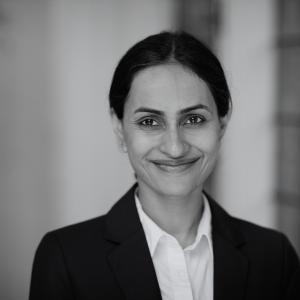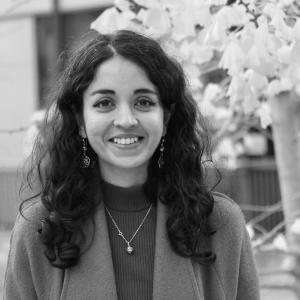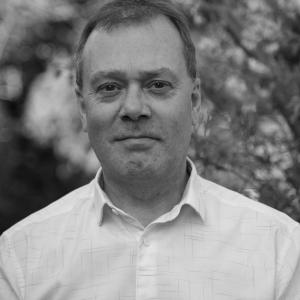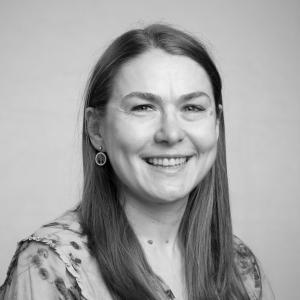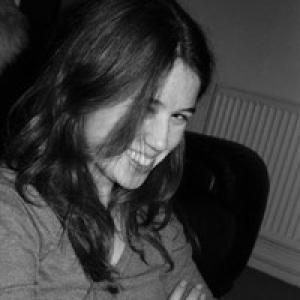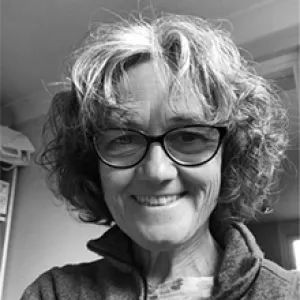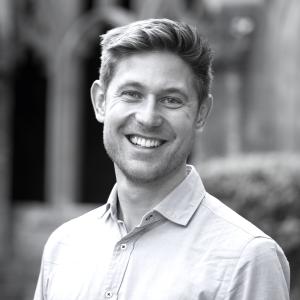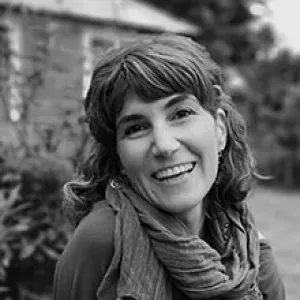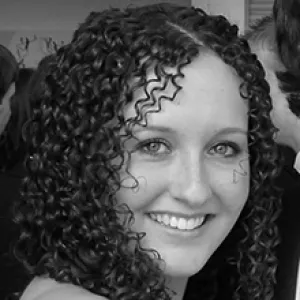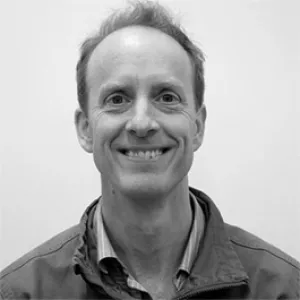Our mission is to have real-world impact on energy policy and practice, enabling and accelerating progress towards an equitable zero-carbon energy system.
Our research focuses on the people, policies, technologies, and organisations that shape how and why energy is used. We also explore the implications this has for energy networks and resources at different scales. Our emphasis on energy demand-led transformation distinguishes us in the energy research field.
We take a socio-technical perspective that integrates both human and material dimensions to understand the major drivers of change in the energy system: decarbonisation, decentralisation, democratisation, and digitalisation.
We investigate energy use in homes, buildings, and transport, as well as in firms and industry.
We collaborate and partner with a wide variety of organisations, from local and national governments to businesses, charities, energy companies, and industry associations.
We use diverse approaches, methods, and datasets from across the social and technical sciences that are matched to specific research needs. We collect and analyse both quantitative and qualitative data using methods such as field trials, systems thinking, ethnography, simulation modelling, expert interviews, and statistical analysis.
Our work
Energy governance:
We evaluate and learn about effective ways to govern and manage energy systems. Examples range from national government policies and local area planning to community initiatives and multi-actor partnerships.
Energy technologies:
We trial and assess the adoption and use of innovative technologies and institutional solutions. Examples range from e-mobility and heat pumps to smart home technologies and local energy systems.
Energy and society:
We investigate and strengthen the contributions of people and organisations to energy demand-led transformation, enabling equitable participation and improving health and wellbeing outcomes. Examples range from climate education and energy poverty alleviation to carbon capabilities and demand flexibility.
Energy pathways:
We develop and model scenarios that show how a just zero-carbon energy system can be achieved. Examples range from low energy demand futures and low-carbon lifestyles to smart energy futures and net-zero pathways.


